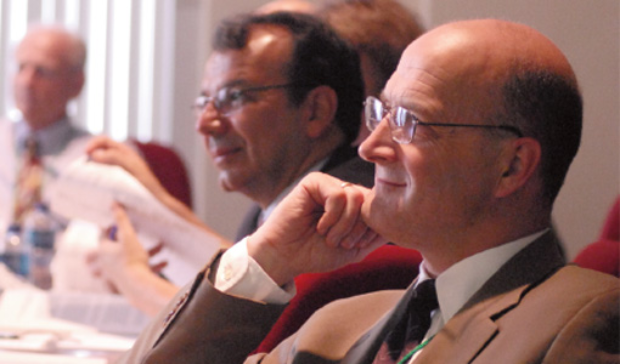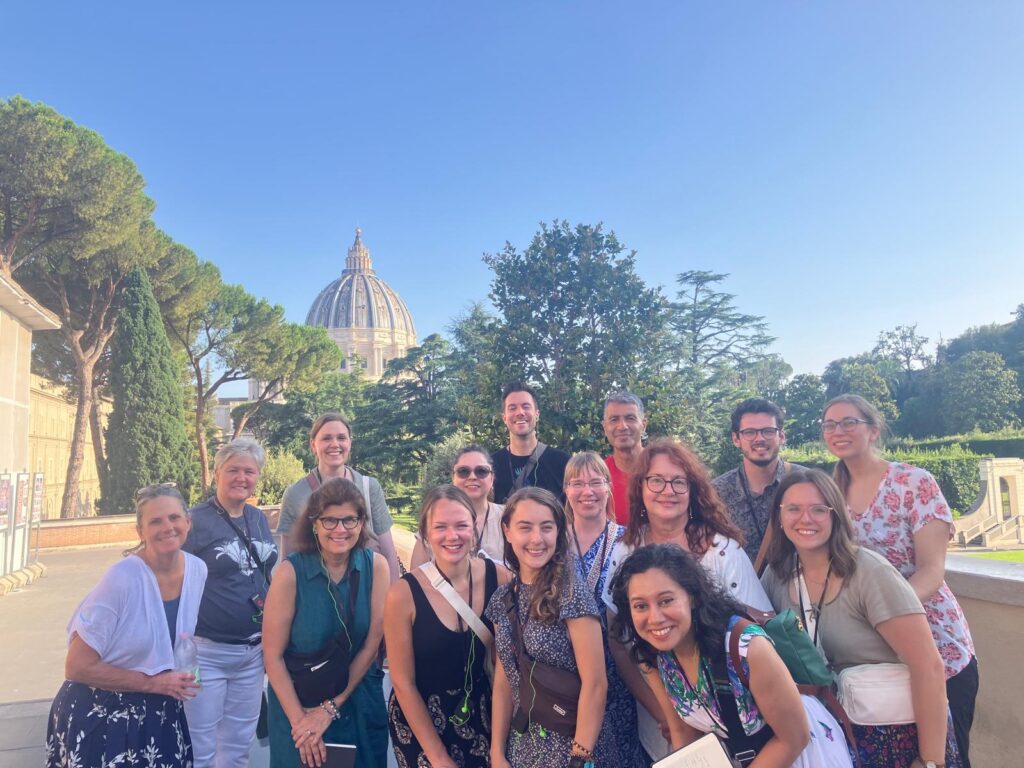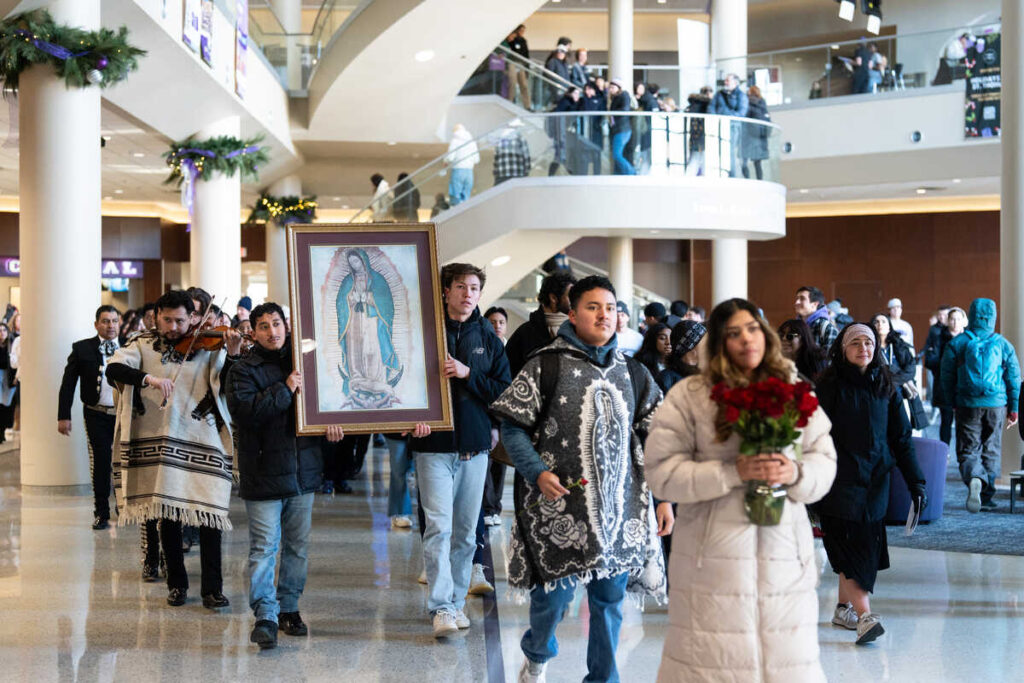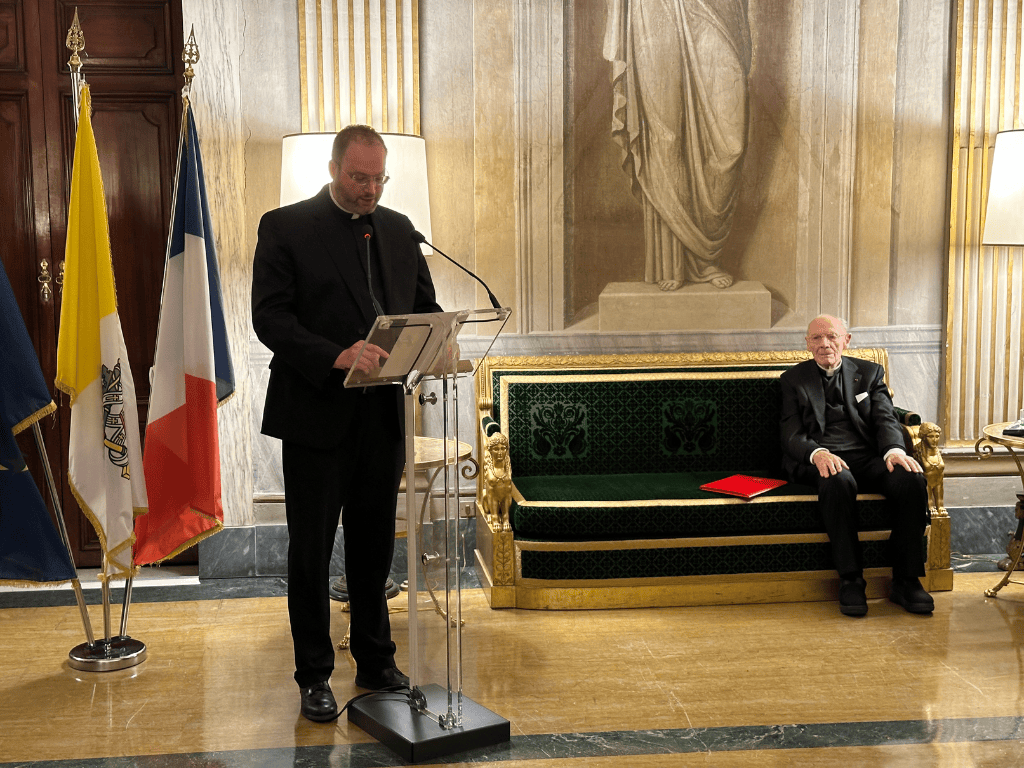The Seventh International Conference on Catholic Social Thought and Management Education, “Business Education at Catholic Universities: The Role of Mission- Driven Business Schools,” was held at the University of Notre Dame on June 11-13. Whereas in the past this series of conferences, sponsored by the John A. Ryan Institute, has focused on the relationship between Catholic social thought and a particular management issue such as the purpose of business or the spirituality of work, this year’s conference looked at the meaning of business education itself and the practical curricular models and ideas that can be embodied in a mission-driven Catholic business education.
The conference attracted nearly 250 participants from 25 countries, representing over 130 institutions. They came from a wide variety of academic disciplines, including theology, finance, philosophy, accounting, psychology, marketing, engineering and human resources. Among the participants were university presidents, deans of business schools, faculty members, graduate students and several community business leaders.
In total, 70 papers were delivered during the various concurrent sessions John A. Ryan Institute Business Education Conference Held at Notre Dame and plenary talks. The discussions, explorations and debates generated by the presentations indicate that the project of Catholic business education is a complex one in several ways. The first complexity is the magnitude of the Catholic intellectual tradition in which the Catholic social tradition plays an important role in its engagement with business. Another is the increasing complexity of managing business institutions within a global environment and the growing specialization of various disciplines in business education. And a third complexity is the diversity of Catholic universities from around the world, each with its own unique culture, history, geographic location and increasingly pluralistic environment.
Catholic business education is not only an ethical project but also an ecclesial one. It is a way to help students live out their vocations, to integrate faith and work and to draw upon the spiritual and theological resources that dispose them to become saints – men and women who humanize the world for God’s greater glory. Rather than being marginal to the question of a Catholic university’s mission and identity, Catholic business schools and programs can make a significant contribution to the fulfillment of a robust and integrated business education.
Despite the complexity of the issues raised by the conference, a creative energy and spirit of hope permeated the proceedings. The 15 Catholic universities that sponsored the conference are now planning the next steps to build upon the intellectual vitality that the conference generated. To view the papers presented, visit the conference Web site at www.stthomas.edu/becu. For more information about the conference or the activities of the John A. Ryan Institute for Catholic Social Thought, contact Michael Naughton at mjnaughton@stthomas.edu.







